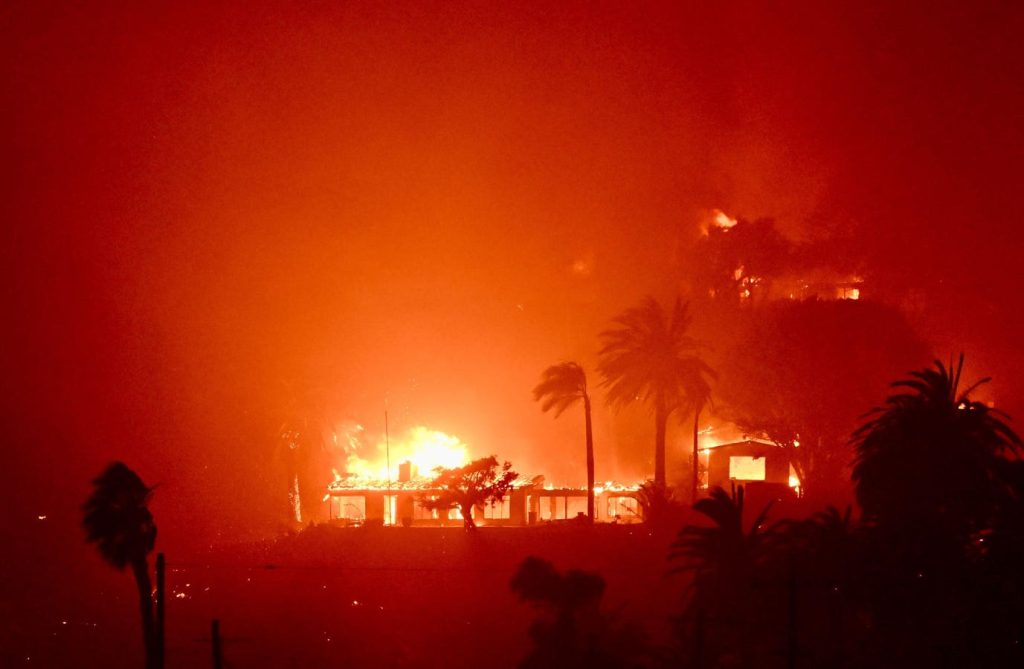The devastating wildfires that frequently ravage landscapes, particularly in regions like Los Angeles, California, leave behind a trail of destruction that impacts families profoundly. The loss of homes, possessions, and the familiar rhythms of life is a traumatic experience for anyone, but the burden becomes exponentially heavier for elderly relatives who often grapple with pre-existing health conditions and decreased mobility. Navigating the complexities of displacement, securing essential medical supplies, and re-establishing a sense of normalcy requires a multifaceted approach to support. This support encompasses immediate financial assistance, provision of temporary housing, access to essential supplies, and specialized care tailored to the unique needs of elderly individuals. It also necessitates a proactive approach to preparedness, recognizing the increasing vulnerability of certain geographical areas to natural disasters.
Immediate financial assistance is often the most impactful initial step in aiding wildfire victims. This aid can take various forms, from direct contributions to affected families to donations to established organizations like the American Red Cross, the California Fire Foundation, and the United Way of Greater Los Angeles. These organizations play a pivotal role in providing immediate relief such as shelter, food, and clothing, and also contribute to long-term recovery efforts by assisting with rebuilding and community rehabilitation. Direct financial aid enables families to secure temporary housing, replace essential belongings, and address urgent medical needs. It provides a crucial safety net during a time of immense upheaval and uncertainty.
Addressing the need for temporary housing is paramount, especially for elderly individuals displaced by wildfires. If geographically feasible, offering one’s home as a temporary haven can be immensely valuable. This provides a stable and familiar environment, reducing the stress and disorientation that often accompany displacement. Alternatively, platforms like Airbnb’s Open Homes Program connect evacuees with individuals willing to offer temporary accommodations. This program facilitates a vital link between those in need and those willing to provide support, ensuring that individuals, especially vulnerable elderly relatives, have a safe place to reside during the challenging period of recovery and rebuilding.
Beyond financial aid and housing, the provision of essential supplies plays a critical role in supporting wildfire victims. Donating non-perishable food, clothing, personal hygiene products, and other necessities directly addresses basic needs. Local shelters and food banks often serve as distribution points for these donations, ensuring that they reach those who require them most. Moreover, volunteering time to sort donations, assist with rebuilding efforts, or provide other forms of practical support can significantly alleviate the burden on overwhelmed communities. These acts of service not only address immediate needs but also foster a sense of community and shared responsibility in the face of adversity.
Elderly relatives with existing health conditions require specialized attention and support following a wildfire. Securing necessary medications and medical equipment becomes a critical priority. The Emergency Prescription Assistance Program (EPAP), activated by the U.S. Department of Health and Human Services, offers a vital lifeline by providing free 30-day supplies of prescription medications and replacing essential medical equipment for uninsured wildfire survivors. California also implements special provisions allowing pharmacies to refill prescriptions without new doctor’s orders and provide emergency supplies of medications, which is especially beneficial for elderly individuals who may have lost their medications in the fire.
For those dependent on power-reliant medical equipment, PG&E’s Medical Baseline Program provides crucial support. This program offers advance notifications before planned power shutoffs and provides lower energy rates, which are essential for managing the care of elderly relatives reliant on such equipment. Additionally, Local Assistance Centers (LACs) serve as central hubs for various services, including the replacement of lost medications and medical supplies and assistance in obtaining durable medical equipment. Organizations like the American Red Cross and Direct Relief actively distribute essential medications and medical equipment to affected areas, while local Area Agencies on Aging coordinate services for older adults with medical needs.
Preparedness is key to mitigating the impact of future disasters. Maintaining readily accessible copies of medical records and prescriptions significantly streamlines the process of obtaining replacements in emergency situations. This proactive approach reduces stress and ensures that critical medical needs are met promptly. It also underscores the importance of family communication and planning, ensuring that everyone is aware of essential procedures and contact information in case of emergencies. By fostering a culture of preparedness, individuals and families can navigate the challenges posed by natural disasters with greater resilience and efficacy. This includes having a designated emergency contact person, keeping important documents in a safe and accessible location, and establishing a communication plan in case of separation.

